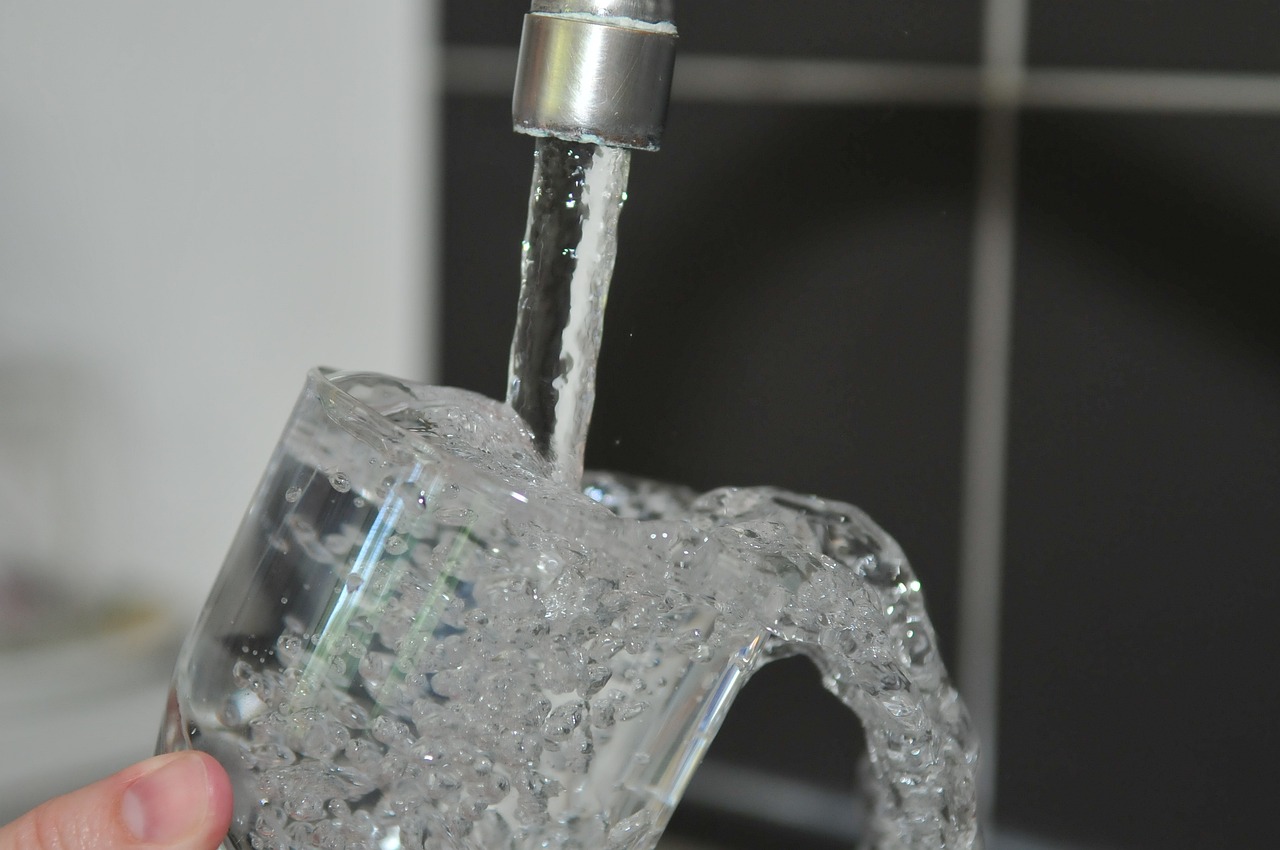Table of Contents
The Science Behind Water Softeners
Water softeners are not just another home appliance; they are scientific marvels. By understanding the chemistry behind water softening, we can comprehend the numerous benefits they offer. When hard water passes through a water softener, it undergoes an ion exchange process, eliminating the calcium and magnesium ions that cause hardness. This transformation yields water that is not only safe and healthy but also prevents scale buildup and improves the overall efficiency of household appliances.
The ion exchange process within a water softener involves the replacement of calcium and magnesium ions with sodium ions. As hard water enters the resin tank of the softener, it flows through a bed of small resin beads. These beads are coated with sodium ions. As the hard water comes into contact with the resin beads, the calcium and magnesium ions are attracted to the sodium ions, effectively exchanging places. The softened water then flows out of the softener, free from the minerals that cause hardness.
The benefits of this ion exchange process are manifold. Softened water prevents the formation of scale, which can clog pipes, reduce water pressure, and decrease the efficiency of appliances such as water heaters and dishwashers. Additionally, soft water requires less soap and detergent to form a lather, leading to cost savings and a reduction in the amount of chemicals released into the environment. Understanding the science behind water softeners allows us to fully appreciate the impact they can have on our daily lives.
Say Goodbye to Stubborn Stains and Soap Scum
Hard water can wreak havoc on your home, leaving behind unsightly stains and soap scum that seem impossible to remove. With a whole house water softener, these annoyances become a thing of the past. By removing the mineral deposits responsible for staining, soft water helps keep your fixtures, tiles, and surfaces sparkling clean. Bid farewell to endless scrubbing and hello to a spotless home that shines effortlessly.
Calcium and magnesium ions present in hard water can react with soap, creating an insoluble substance known as soap scum. This residue can build up on bathroom fixtures, shower doors, and even clothing, leaving behind an unappealing film. However, when hard water is softened, these minerals are removed, preventing the formation of soap scum. Soft water allows soap to lather more effectively and rinse away cleanly, leaving your home and laundry free from stubborn stains.
Not only does soft water prevent the formation of soap scum, but it also helps to remove existing stains. By eliminating the minerals that cause discoloration, softened water can restore the appearance of your bathroom fixtures and surfaces. Whether it’s a porcelain sink, a glass shower door, or a tile floor, the benefits of a whole house water softener extend beyond cleanliness and into the realm of aesthetic appeal.
Protect Your Plumbing and Appliances
The detrimental effects of hard water extend beyond mere appearances. The minerals present in untreated water can gradually accumulate and clog your plumbing system, leading to costly repairs. Additionally, these minerals can cause irreversible damage to your household appliances, reducing their lifespan and efficiency. By investing in a whole house water softener, you can protect your pipes, fixtures, and appliances from the corrosive effects of hard water, saving you money and preventing headaches down the line.
The buildup of minerals, commonly known as scale or limescale, can wreak havoc on your plumbing system. Over time, the accumulation of scale can restrict water flow, leading to low water pressure and plumbing issues. This can result in the need for costly repairs and replacements. However, by using a water softener to eliminate the minerals that cause scale, you can prevent this buildup and prolong the life of your plumbing system.
In addition to protecting your plumbing, a whole house water softener can also safeguard your household appliances. Appliances such as water heaters, dishwashers, and washing machines are particularly susceptible to the damaging effects of hard water. The minerals in hard water can clog the internal components of these appliances, reducing their efficiency and lifespan. By softening the water that flows through these appliances, you can prevent scale buildup and ensure their optimal performance for years to come.

